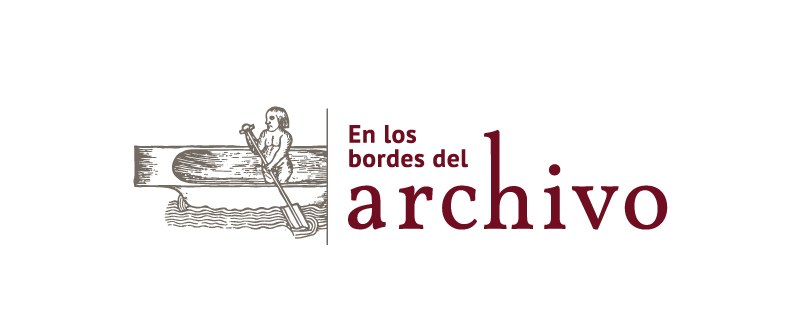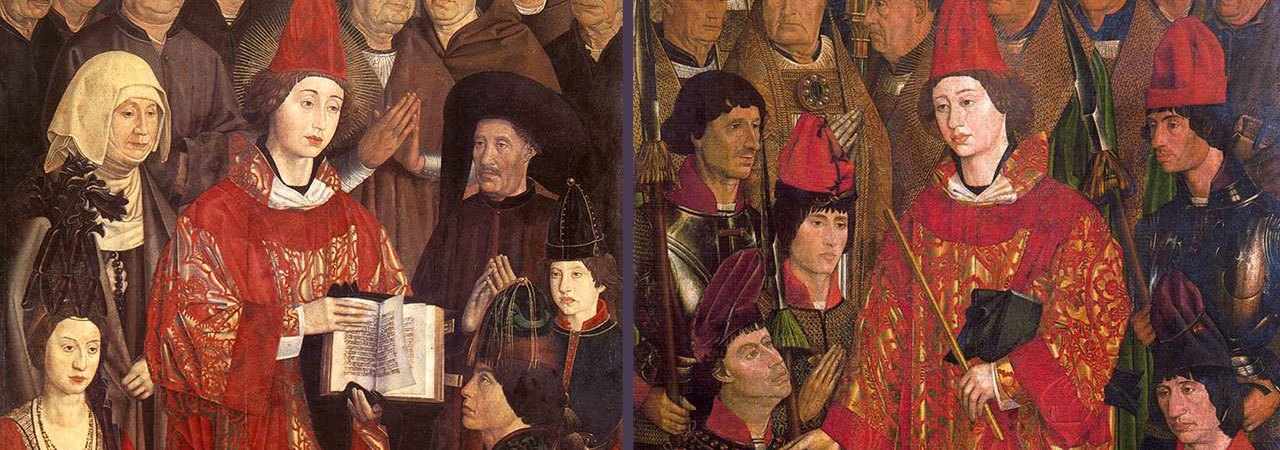MLA 2015 – Call for papers
Estimadas amigas y amigos del seminario Escrituras virreinales: Este año la parte de colonial del MLA convoca dos sesiones en el congreso que tendrá lugar en Vancouver, en enero de 2015. Les dejamos toda la información por si fuera de su interés.
***
MLA Colonial Division
Calls for Papers
Vancouver, January 8-11
Guaranteed Sessions
The Enlightenment in the Colonies
Organizer: Ivonne del Valle
General consensus locates the Enlightenment in a secularized18th-century, when reason and order appeared to take at least partial control over multiple areas with the objective of improving them—knowledge, urbanism, hygiene, population control, etc. Nevertheless the need to know and administer the colonies acquired as early as the 16th century required a significant effort to understand the new populations and natural environments and the correct manner of dealing with both. Questions about the beliefs and ways of life of the people to be converted into Christians and efficient laborers, of the uses of plants and animals never seen before, and of territories that were sometimes strikingly different, called for a rigorous compilation of information and of new systems for knowledge organization that even if informed by religious concerns sometimes went beyond them. Were these efforts systematic and secular enough to be considered “enlightened” or precursors of the Enlightenment? Were they something altogether different? Was the 18th century experience of the Enlightenment different in colonial territories? This panel looks for papers that think beyond the question of empiricism and propose novel ways of understanding the ideas and practices behind rational systems implemented in the colonies. Please send one-page CV and 200 word-abstract by 03/15 to Ivonne del Valle (idelvalle@berkeley.edu).
Indigenous Texts and the Colonial Experience
Organizer: Cristian Roa
Native American voices and related subject positions have been recognized as an integral part of colonial Spanish American culture. The cultural and spiritual authority of Amerindian traditions maintained its relevance in colonial times through diverse formulations and symbolizing activities that merit our attention. Colonial-era indigenous texts give us access to the diverse systems of thought and expression that come together in reformulations of native experience. When studying Amerindian cultural production, however, we confront the challenges of cultural difference and colonization as a condition of access to these texts. What are the most appropriate approaches and key theoretical questions to study indigenous texts? How can we wrestle with issues of cultural translation when working with this type of materials? What cautions do we need to take into account when working with indigenous texts? How can we be mindful of indigenous perspectives? Papers on case studies that address questions such as these will be welcomed. One-page CV and abstract by 03/15 to Cristian Roa (roa@uic.edu).
Collaborative Session with APSA (American Portuguese Studies Association) (Non-Guaranteed)
Connecting Spanish and Portuguese Empires
Organizer: Anna More
Although intertwined historically and structurally similar, Spanish and Portuguese empires are most often studied separately. While partially distinguished by periodization, geography and political and economic forms, Iberian empires both coincided temporally and competed territorially. This panel seeks papers that consider the connections between Spanish and Portuguese empires through such approaches as the study of the circulation of people and ideas, comparisons between analogous forms, or investigations of shared linguistic, political or cultural traditions. How would comparisons further our understanding of singular and specific traditions of Spanish and Portuguese empires and their territories? To what do we owe differences among the wide geographies of Spanish and Portuguese empires and to what the similarities? Is it possible to draw the colonial histories of the commercial outposts of Goa, Luanda and the Philippines into dialogue with those of the administrative centers of Mexico, Peru and Brazil? What factors, disciplinary, linguistic or national, have impeded studying Iberian empires together? We seek new work that addresses any of these questions or others, whether through focused case studies or broad syntheses. 1-page CV and 200-word abstract by March 10 to Anna More (anna1more1@gmail.com).



Dejar un comentario
¿Quieres unirte a la conversación?Siéntete libre de contribuir!